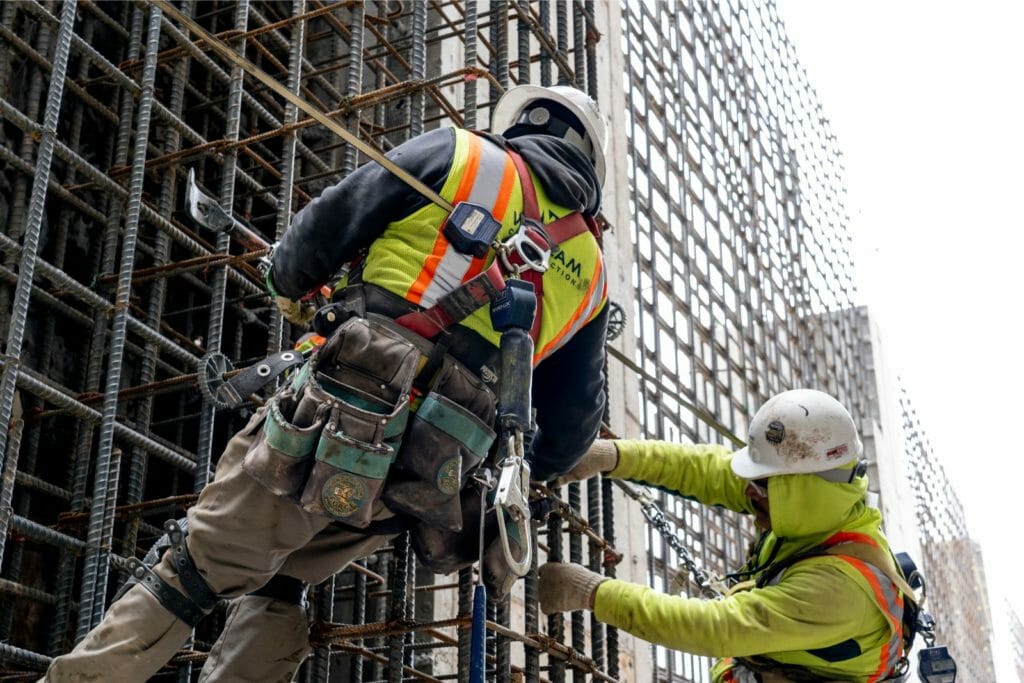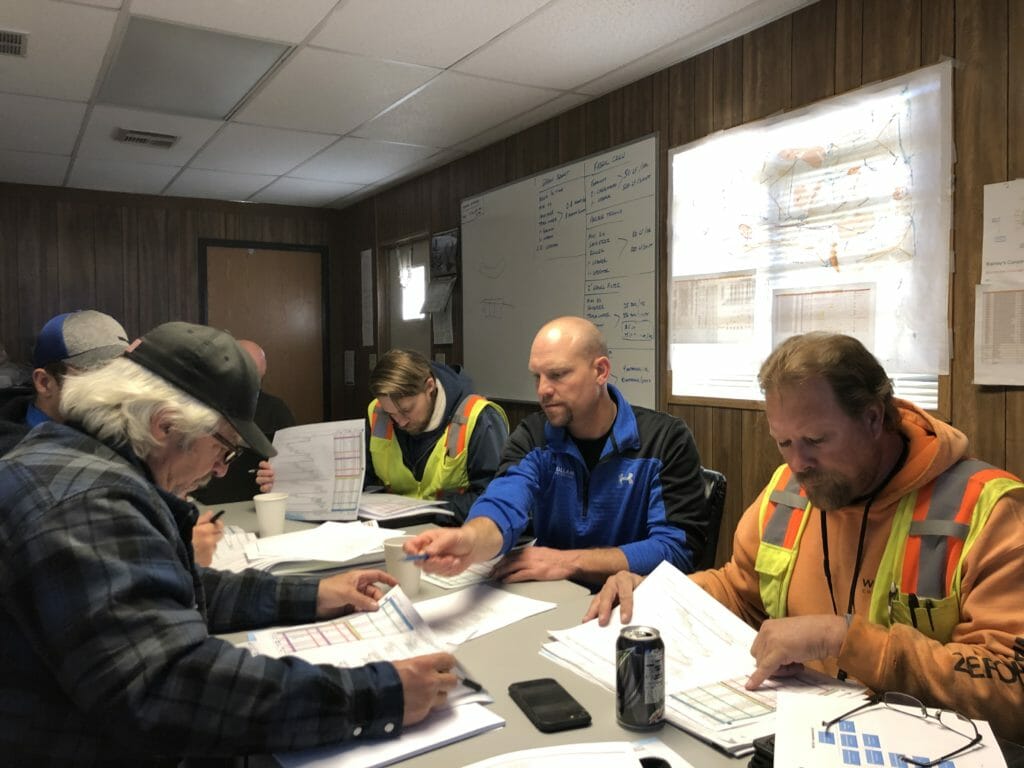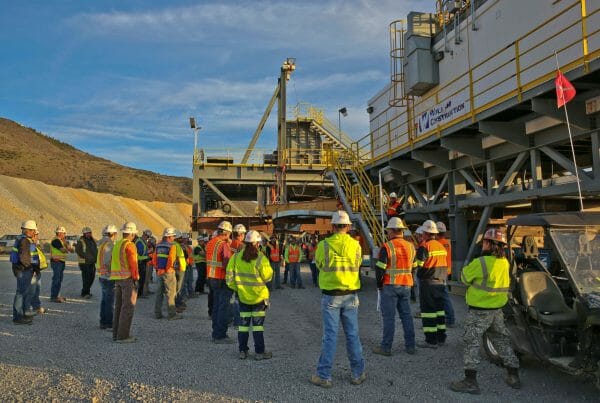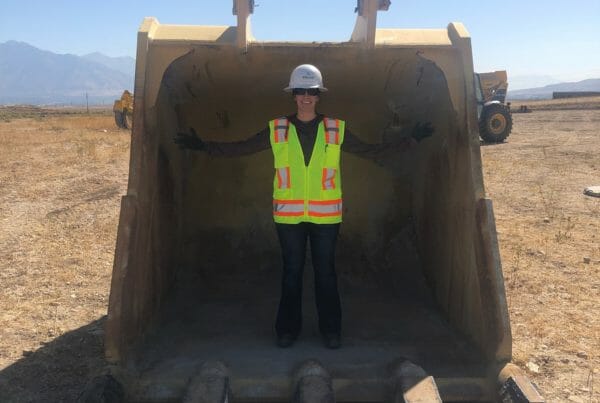
Have you ever been part of a construction project that everything seemed difficult? It was over-budget, behind schedule, and no one seemed to know what to do next. The construction industry is notorious for over-promising and under-delivering. Fortunately, strategy development, Key Performance Indicators, are helping negate these challenges.
Measuring a project’s success typically involves a set of metrics and data streams. In fact, these numbers are crucial to the success of a project. Most companies usually use financial measurements to indicate how their performing; however, other high-level metrics can keep a project on track. The industrial construction industry is by far one of the best markets for this information. In actuality, the most successful data-centric companies are turning to Key Performance Indicators to determine project goals better
KPI’s Help Break it Down
Every construction project has a project schedule with the necessary sub-activities included. All of this work can span 40-50 days. KPI’s take a large-scale project and break it into daily segments. Without these break downs, it is difficult to see what activity was done that day. If you use KPI’s as a tracking system, you can see how your day-to-day work fits into your schedule. This will help you know ahead of time where you need to pick up work, so you don’t come to the end of the road asking for additional time.
Adam Callaway, one of Wollam Construction’s project managers tracking KPI’s on the Barney’s Reclamation Project, explains that using KPIs helps his projects stay on track. The Barney’s Reclamation Project includes moving millions of yards of dirt during a 50-day period.
“KP’Is break the project down to the cubic yard, so we know how much we need to move per shift. It helps us modify as we go. I usually use two running tallies. One is our baseline, and the other is the actual work completed for the day. The second greatly helps the project because it allows us to modify as we go. Using these KPI tallies, we develop a daily plan that accounts for issues and lets you adjust as you go,” said Callaway.
KPI’s Help You Modify
Key performance indicators not only break down your project into digestible chunks of work, but it also helps you alter your plan as needed. Instead of assuming what you need to get done that day or week, you know the exact performance you need to have that day to stay on schedule. Along with staying on track schedule-wise, KPIs also break down what equipment you need to install down to the wield. Travis Sparks, the piping project manager on our US Magnesium Lithium Plant project, explains why he trusts KPIs to get the job done.
“Our production is based on how we are doing each day and how we meet our schedule. Unlike Adam, who is working on a large earth-moving project, the Lithium Plant includes 30,000 ft. of different pipe quantities,” said Sparks. “KPIs help us daily, meet our project completion date. Every day I get reports of what activity was done, and I put it into a production tracker. Then, I get to fill in the gaps making sure we are on track to hit the projected completion date.”

KPI’s Help Clients Know Where They Stand
Another crucial benefit of using KPI’s is providing you with trackable measurements you can pass-on to clients. Performance metrics offer exact data backing up your claims. It allows you to be transparent with your clients, which bolsters your reputation and keeps you honest.
“By measuring and understanding your time and efforts, you have day-to-day, real-world data showing you where you are. It is that next level of detail that clients appreciate,” said Callaway.
While not every client needs the level of depth, all your KPIs include. You have that information on-hand no matter what is needed. Daily project logs give you the statistics necessary to back up your claims, especially to business owners, project managers, and all others involved. All in all, KPI’s provide clients with exact numbers that turn something intangible into something real.
KPI’s Help You Make Informed Decisions
KPI’s also give you the information needed to make important decisions. During your daily coordination meetings or weekly project updates, you have data showing you what’s done and what is required. Typically, KPI tracking shows how you are trending, the percentage of the project that is done, and where you are at on the project.
Sparks said, “I have been on projects that don’t use indicators. You are constantly guessing where you think you are, which can get you in a lot of trouble. Without KPI’s, you end up relying on your intuition to keep your project on time. It can bite you in the butt in the end. You can also forget to take in all aspects of the project. KPI’s give you a microscopic view of your macroscopic project, which saves you time, equipment, manpower, and headaches.”
About Wollam Construction
Wollam Construction has years of experience in the construction industry. Our teams understand the importance of client communication and using Key Performance Indicators to track project success. If you want to learn more about our culture of safety, quality, schedule, and budget, contact Wollam Construction today.



